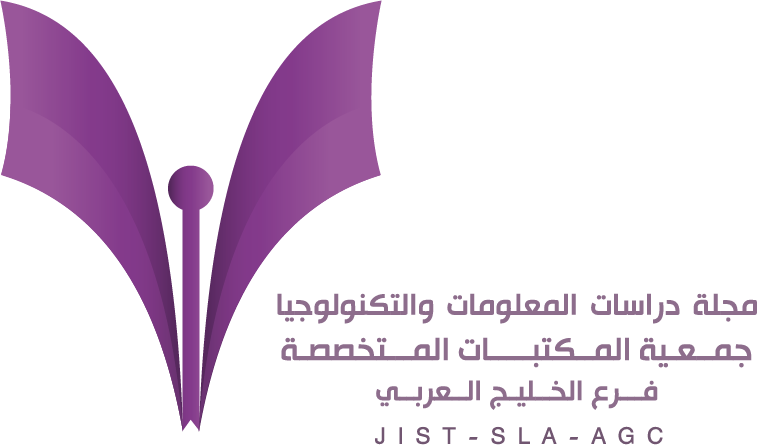-
oa Debunking: Assessing the impact of chatbot discussions on common prejudices regarding Palestinians
- Source: Journal of Information Studies & Technology (JIS&T), Volume 2025, Issue 1, Mar 2025, 6
-
- 29 July 2024
- 30 December 2024
- 31 March 2025
- Previous Article
- Table of Contents
- Next Article
Abstract
This study provides a preliminary evaluation of the capabilities and limitations of three conversational artificial intelligence (AI) systems - ChatGPT 3.5, Microsoft Bing Chat, and Gemini - in debunking common stereotypes about Palestinians through respectful dialogue. Eight prevalent stereotypes were identified from the literature and used to prompt the chatbots. Their responses to each stereotype were analyzed using criteria that assessed factual refutation, acknowledgement of complexity, and avoidance of false or misleading claims. The results indicate that the chatbots had varying levels of success in debunking the stereotypes. Of the three systems, ChatGPT showed the strongest performance overall, providing fully refuting responses to more stereotypes compared to the others. However, all three chatbots had limitations, with some either partially refuting the claims or refusing to provide a direct response. This suggests that current AI still faces challenges in discussing socio-cultural issues in a nuanced way. Notably, in order to dismantle deeply entrenched prejudices, it is necessary to acknowledge historical and social contexts that go beyond superficial refutations. While prompts that involve stereotypes can be considered, the study found that fully combating dehumanizing narratives requires responses that integrate multiple perspectives embedded in the proper historical context. Overall, the study provided initial evidence that conversational AI may help resolve misconceptions on a large scale through respectful exchanges. However, further research is needed to examine the capabilities and limitations of conversational AI, particularly on complex topics. With appropriate safeguards and in combination with diverse social efforts, chatbots may assist, but not replace, ongoing work to promote reasoned understanding over confirmation of prejudices.


